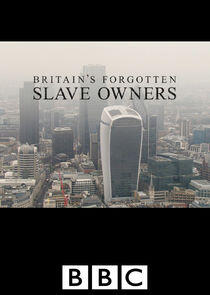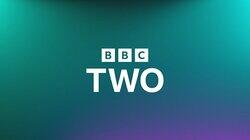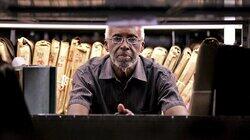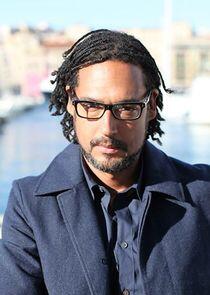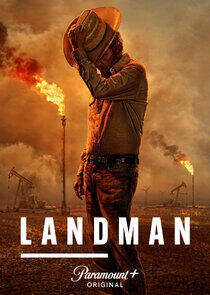Recent Episodes
| Episode | Name | Airdate |
|---|---|---|
| S01E02 | The Price of Freedom | Jul 22, 2015 |
| S01E01 | Profit and Loss | Jul 15, 2015 |
Frequently Asked Questions Warning: Spoilers
When did 'Britain's Forgotten Slave Owners' premiere?
'Britain's Forgotten Slave Owners' premiered on July 15, 2015.
Who narrated 'Britain's Forgotten Slave Owners'?
Historian and broadcaster David Olusoga narrated 'Britain's Forgotten Slave Owners.'
What was the premise of 'Britain's Forgotten Slave Owners'?
'Britain's Forgotten Slave Owners' explored Britain's role in the slave trade and the legacy of slavery in the country.
How many episodes were in the first season of 'Britain's Forgotten Slave Owners'?
There were three episodes in the first season of 'Britain's Forgotten Slave Owners.'
Which institutions in Britain were complicit in the slave trade according to 'Britain's Forgotten Slave Owners'?
'Britain's Forgotten Slave Owners' uncovered the complicity of institutions in Britain such as Lloyds of London, The Bank of England, and the Church of England in the slave trade.
How did the show use slave registers in its research?
'Britain's Forgotten Slave Owners' used the slave registers - a government database of enslaved people in British colonies - to trace the ownership of slaves by the families of prominent British figures.
Who were some of the prominent families traced in the show?
Some of the prominent families traced in 'Britain's Forgotten Slave Owners' include the Gladstones, Rothschilds, and Barclays.
What did 'Britain's Forgotten Slave Owners' reveal about William Gladstone?
'Britain's Forgotten Slave Owners' revealed that former British Prime Minister William Gladstone's family owned over 2,500 slaves in British Guiana.
What was the significance of the slave compensation records used on the show?
The slave compensation records used on 'Britain's Forgotten Slave Owners' showed that the British government paid millions of pounds to slave owners as compensation for the loss of their property (slaves) after abolition.
Who were the beneficiaries of slave compensation according to the show?
The beneficiaries of slave compensation according to 'Britain's Forgotten Slave Owners' were wealthy families in Britain such as the Gladstones, Cottons, and Hibberts.
Cast
View all castCharacters
View all charactersRecently Updated Shows
Recently updated shows that might be of your interest.
* This is an affiliate link. If you click and purchase, we will receive a commission from the provider. This will not incur any additional costs for you and you will support our project. We thank you for your support!
